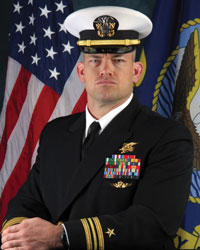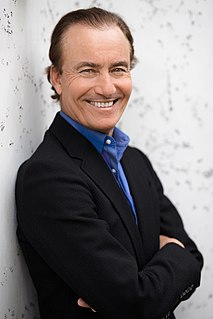A Quote by Tim Bray
...wisdom is in large part the knowledge of how to avoid doing dumb things, and thus grows globally as a function of the published inventory of stupid mistakes.
Related Quotes
Wisdom and knowledge can best be understood together. Knowledge is learning, the power of the mind to understand and describe the universe. Wisdom is knowing how to apply knowledge and how not to apply it. Knowledge is knowing what to say; wisdom is knowing whether or not to say it. Knowledge gives answers; wisdom asks questions. Knowledge can be taught, wisdom grows from experience.
Circumstances do not push or pull. They are daily lessons to be studied and gleaned for new knowledge and wisdom. Knowledge and wisdom that is applied will bring about a brighter tomorrow. A person who is depressed is spending too much time thinking about the way things are now and not enough time thinking about how he wants things to be.





































